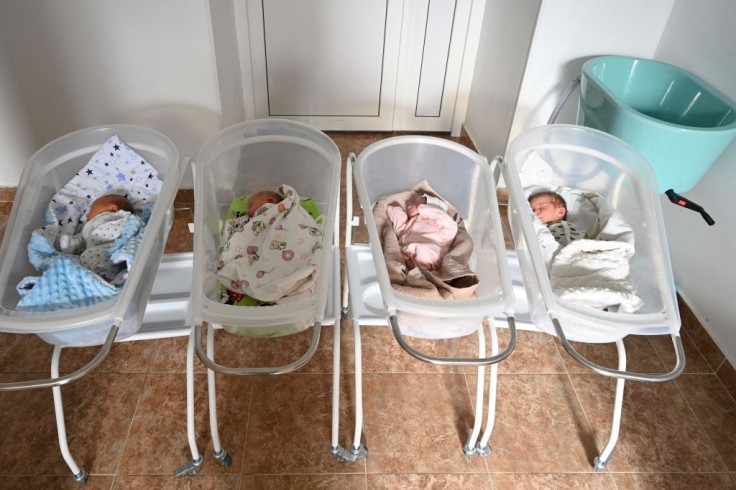
Addressing growing concerns surrounding infant product safety, the Consumer Product Safety Commission (CPSC) is championing the introduction of federal regulations targeting infant rockers. This decision emerges in the wake of reports that directly associate these rockers with multiple infant fatalities.
Troubling History of Infant Rockers
Drawing public attention and concern is the CPSC's distressing report indicating the association of infant rockers with 11 deaths spanning from 2011 to 2022. Alarmingly, the majority of these fatalities transpired after babies had fallen asleep in these rockers.
Delving deeper into the safety profile of these popular infant products, CPSC staff unveiled that, in addition to the tragic deaths, infant rockers were implicated in a staggering 88 injuries over a 12-year period. A recurring narrative in many of these cases was infants suffering head injuries consequent to rockers toppling over.
Towards a Safer Future: New CPSC Safety Regulations
Addressing the evident risks associated with infant rockers, the CPSC's proposed safety regulations focus primarily on three main hazards: suffocation, strangulation, and the danger of tip-overs.
The core of these regulations is a set of design recommendations: making infant rockers firmer and adopting a flatter design to significantly reduce the risk of suffocation for babies.
To further solidify the safety profile of these products, the proposed regulations demand that all rockers undergo comprehensive stability and safety tests.
As a direct measure to ensure caregivers are adequately informed, manufacturers will be mandated to feature distinct warning labels on their products. These labels will caution caregivers about the risks of allowing infants to sleep in the rockers and the dangers of using soft bedding in conjunction with the product.
Read Also: Navigating Difficult Conversations: How to Guide Your Child Through War Content on Social Media
Manufacturers Respond Amidst Growing CPSC Concerns
Prominent infant rocker manufacturers, including industry giants Fisher-Price, Kids2, and Béaba, have maintained a noticeable silence post this announcement, offering no immediate public comment.
Previously, Fisher-Price, in a letter addressed to Congress, ardently defended the safety of their infant rockers. They emphasized that their products were designed with safety in mind, contending that they remained safe when parents diligently monitored their babies and ensured they were securely fastened within.
Contrastingly, 4moms, another pivotal player in the market, voiced its support for the impending federal safety standard concerning infant rockers.
It's pertinent to highlight that the primary function of rockers is to comfort babies using a gentle back-and-forth motion. Many models in the market come equipped with features like vibration, which, though intended to soothe, might inadvertently encourage sleep.
A notable point of contention surfaced before the CPSC's announcement, as Commissioner Richard Trumka Jr. championed an amendment. This proposed alteration to the plan emphasized limiting the use of rockers to infants aged six months and younger and suggested the removal of features that might unintentionally promote sleep.
While the infant rocker safety regulations have been formally proposed, they are now poised to undergo public scrutiny, review, and comments before achieving finalized status.
The overarching goal remains singularly focused on ensuring that infant rockers, distinct from other inclined sleepers like the Fisher-Price Rock 'n Play, stand as hallmarks of safety, protecting our most precious members of society.